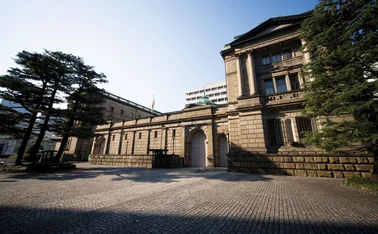
PBoC monetary policy reform could be 'trial and error', economists warn
The Chinese central bank wrapped up a two-decade long interest rate liberalisation process last month – now the hard job begins

When the Chinese government surprisingly announced it would scrap its one-child policy after 30 years last week, western media unsurprisingly heralded it as a historical moment. The People's Bank of China's (PBoC) announcement six days earlier that it would scrap the ceiling on rates that banks are allowed to pay depositors, and move towards a corridor-based monetary policy regime, may have garnered less attention, but was also of major consequence.
Obscured by cuts to the "benchmark rates" and
Only users who have a paid subscription or are part of a corporate subscription are able to print or copy content.
To access these options, along with all other subscription benefits, please contact info@centralbanking.com or view our subscription options here: http://subscriptions.centralbanking.com/subscribe
You are currently unable to print this content. Please contact info@centralbanking.com to find out more.
You are currently unable to copy this content. Please contact info@centralbanking.com to find out more.
Copyright Infopro Digital Limited. All rights reserved.
As outlined in our terms and conditions, https://www.infopro-digital.com/terms-and-conditions/subscriptions/ (point 2.4), printing is limited to a single copy.
If you would like to purchase additional rights please email info@centralbanking.com
Copyright Infopro Digital Limited. All rights reserved.
You may share this content using our article tools. As outlined in our terms and conditions, https://www.infopro-digital.com/terms-and-conditions/subscriptions/ (clause 2.4), an Authorised User may only make one copy of the materials for their own personal use. You must also comply with the restrictions in clause 2.5.
If you would like to purchase additional rights please email info@centralbanking.com







